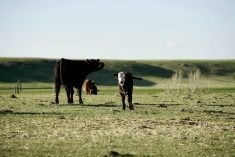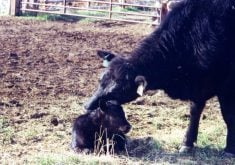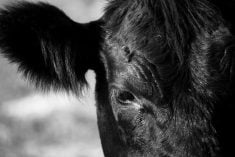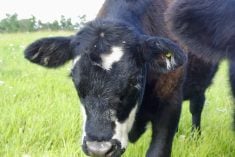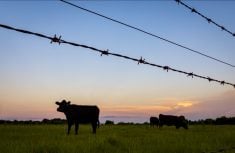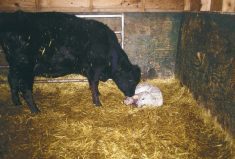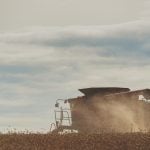The economic, social and political environment around agriculture has changed. The public, particularly consumers, have influenced the landscape of food production in ways never before recognized.
The closer an industry sector’s shift is toward the supermarket meat counter and grocery shelves, the more advanced is the call toward public reckoning about matters involving the food chain. Consumers and the public in general demand answers on topics like food safety, prudent use of antimicrobials, animal welfare and environmental stewardship. Understandable and timely information provided transparently by those producing food ultimately yields acceptance of the products consumers buy and the enjoyment derived from them. Those involved in the food production industry, regardless of the position occupied, must learn to acknowledge and respond to issues with understanding and tolerance. Avoidance in providing answers appropriately, either because of not knowing, or because of personal hubris, destroys trust. Stakeholders grant the freedom to operate when they feel their own values and those of an industry are aligned.
Read Also
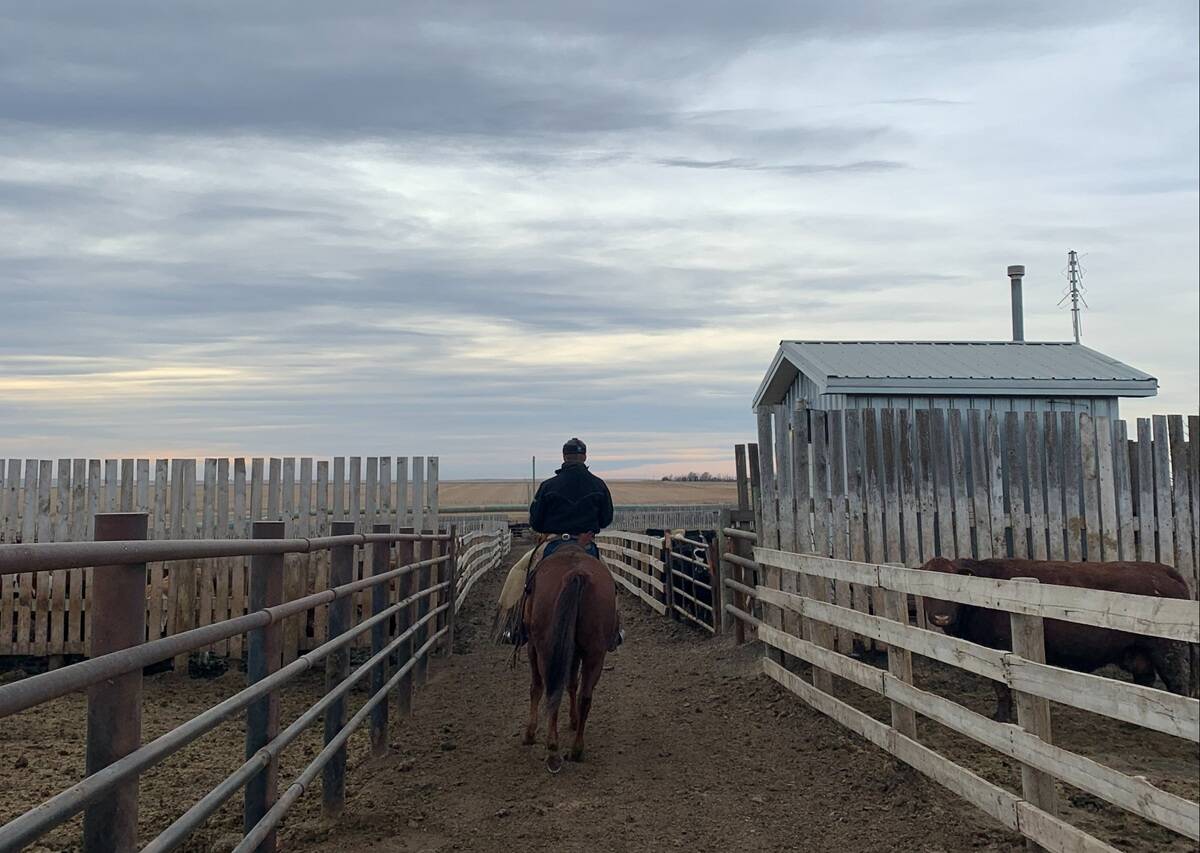
Pen riders still better than tech at detecting respiratory disease in feedlot cattle, says researcher
Recent research found that pen riders are better than tech at flagging signs of BRD in feedlot cattle
The Western Canadian Association of Bovine Practitioners sponsored a program segment at their January 2018 conference on the topic of Helping Canada’s Food System Earn Public Trust. Kim McConnell, chair, Canadian Centre for Food Integrity (CCFI) delivered the presentation.
McConnell noted that “trust” is becoming the defining issue for the entire agriculture and food supply chain. The level of trust our industry has enjoyed is at risk. We face a growing group of stakeholders asking questions whether today’s food system is worthy of public trust. Reasons provided for the change:
- Less than two per cent of North Americans farm.
- Public doesn’t understand modern food production.
- Public doesn’t know us or what we do.
- Public doesn’t understand science.
- Everyone likes “free” and “natural.”
- Public generally loves animals and wants to protect the environment.
McConnell provided a quote by Katherine Ross, secretary, California Food & Agriculture, “We farm in California because our urban neighbours allow us to.”
Earning pubic trust is important to the growth, success, and reputation of our industry. Without it, the big questions become: Will we be allowed to Innovate?… to Operate?… to Expand?… to Market?
Trust concerns are often aligned with food security. In a 2017 poll by CCFI, Canadians were questioned on their top overall life concerns. Three out of five life concerns of Canadians involved food: the rising cost of food (62 per cent); keeping healthy food affordable (61 per cent); and food safety (52 per cent). The other two: rising costs of health care and rising energy costs.
The perception of risk and how risk is managed is the root of much distrust. In relation to health risks, there is an intuitive side that says the magnitude of risk and acceptance of risk (or avoidance) are linear, that is as one increases the other increases, is not accurate. It’s more complicated. Risk managers have to unpack the level of risk, perceptions about risk and perceptions about safety. For example: increased awareness of zoonotic disease is not the root cause of increasing vegetarianism, or necessarily concern about food in general. Spiritual concepts come into play around food, as do perceptions about wild places. The importance of the human-animal-bond often supplants concerns about the threat of zoonoses as a result of contact with animals. Not a day goes by in the news when the risk of contact with animals is transformed into a risk for people with examples such as West Nile Virus, avian influenza, E. coli O157, rabies, BSE. Yet, somehow, people scramble the relative risks that are involved. Most forget that birth carries the highest risk of any event in our lives — 100 per cent of us eventually die.
The industry needs to be clear on how the public sees animals as a health threat. Animals are not always considered in the context of food.
There are welfare issues, religious issues, environmental issues, ecological issues and the foggy concept of the human-animal-bond that varies with human attitudes and culture. People equate existence and preservation of wild animal populations with ecological health. For example, grizzly and cougar attacks are man’s problem — wilderness is sacred. “Wild” and “danger” heighten the significance of wild places.
BSE in North America versus the impact BSE had in the U.K. and EU were viewed differently. Veterinarians are often seen as managers of public health risk. Early diagnosis and response to disease, animal care, disease control, and ethics are major factors in the trust equation.
When the attitudes of Canadians toward our food supply are tracked: 51 per cent are concerned about the use of hormones in farm animals; 46 per cent are concerned about drug residues in meat, milk and eggs; 49 per cent trust food produced in Canada more than food produced outside Canada; 33 per cent trust the adequacy of Canada’s food inspection system. There are obviously huge holes to fill.
McConnell talked about today’s “foodies” as a tribe seeking information about ingredients, food safety and farming practices. Information is shared about cooking, nutrition and how food is grown.
Consumers want to know who’s responsible for providing information on how food is produced. Seventy-three per cent hold food processors/manufacturers responsible for providing information. Below processors and manufacturers (in order) are: farmers, government, grocery stores, and restaurants.
In a world where nothing can be hidden, we better have nothing to hide, said Greg Page, former CEO, Cargill. Transparency means business and often the bigger you are, the less you are.
Consumers weigh a new set of factors in their purchases, disrupting the “consumer value equation” in ways that present both opportunities and challenges for the food industry. In addition to price, taste and convenience are the indices of health and wellness, safety, social impact and eating experience. Consumers readily admit, “I may not look at the information but knowing it is there raises my confidence.”
Dr. Ron Clarke prepares this column on behalf of the Western Canadian Association of Bovine Practitioners. Suggestions for future articles can be sent to Canadian Cattlemen ([email protected]) or WCABP ([email protected]).




